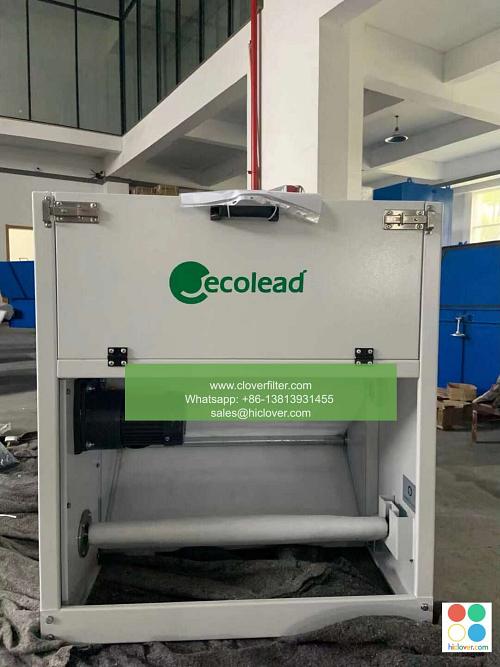The Role of Air Filter Innovation in the Fight Against Air Pollution

Air pollution is a growing concern worldwide, with devastating effects on human health, the environment, and the economy. The World Health Organization (WHO) estimates that nine out of ten people globally breathe polluted air, resulting in seven million premature deaths annually. In response to this crisis, air filter innovation has become a critical component in the fight against air pollution, playing a vital role in indoor air quality improvement, outdoor air pollution reduction, and environmental sustainability. This article will explore the significance of air filter innovation in various application areas, including residential air purification, commercial air filtration, and industrial air pollution control.
Advances in Air Filter Technology
Recent advances in air filter technology have led to the development of more efficient, effective, and sustainable air filtration systems. These innovations include the use of nano-fibers, activated carbon, and electrostatic charges to capture a wider range of pollutants, including particulate matter (PM), volatile organic compounds (VOCs), and nitrogen dioxide (NO2). Additionally, the integration of artificial intelligence (AI) and Internet of Things (IoT) technologies has enabled real-time monitoring and optimization of air filtration systems, enhancing their performance and reducing energy consumption.
Application Areas of Air Filter Innovation
The impact of air filter innovation can be seen in various application areas, including:
* Residential Air Purification: Air filters are used in home air purifiers to remove pollutants and allergens, improving indoor air quality and reducing the risk of respiratory diseases.
* Commercial Air Filtration: Air filters are used in commercial HVAC systems to maintain good indoor air quality, increase occupant productivity, and reduce energy consumption.
* Industrial Air Pollution Control: Air filters are used in industrial processes to control emissions and prevent air pollution, protecting the environment and public health.
* Transportation Air Filtration: Air filters are used in vehicles to remove pollutants and allergens, improving in-cabin air quality and reducing the risk of respiratory problems.
Benefits of Air Filter Innovation
The benefits of air filter innovation are numerous and significant, including:
* Improved Indoor Air Quality: Air filters can remove up to 99.97% of pollutants and allergens, creating a healthier indoor environment.
* Reduced Energy Consumption: Air filters can help reduce energy consumption by optimizing airflow and minimizing pressure drop.
* Increased Occupant Productivity: Good indoor air quality can improve cognitive function, productivity, and overall well-being.
* Environmental Sustainability: Air filters can help reduce greenhouse gas emissions and mitigate the effects of climate change.
Conclusion
In conclusion, air filter innovation plays a vital role in the fight against air pollution, with significant impacts on indoor air quality improvement, outdoor air pollution reduction, and environmental sustainability. As the world continues to urbanize and industrialize, the demand for effective and sustainable air filtration solutions will only grow. By investing in air filter innovation and adopting clean technologies, we can create a healthier, more sustainable future for generations to come. It seems like you’re ready to start a conversation or ask a question, but you haven’t provided any details yet. Could you please provide more context or information about what’s on your mind? I’m here to help with any questions, topics, or concerns you might have!

